ABSOLUTE PRIORITY FOR EMERGENCY MEDICINE AND MEDICAL SUPPLIES
According to feedback from some patients undergoing kidney treatment, they were recently informed by the Kidney - Dialysis Department of Viet Duc Friendship Hospital that the filters are running out, and patients should find another facility to transfer to for dialysis. "We contacted several places in Hanoi, but were told that they could not accept more patients, and could only perform dialysis for emergency cases," a worried patient said.
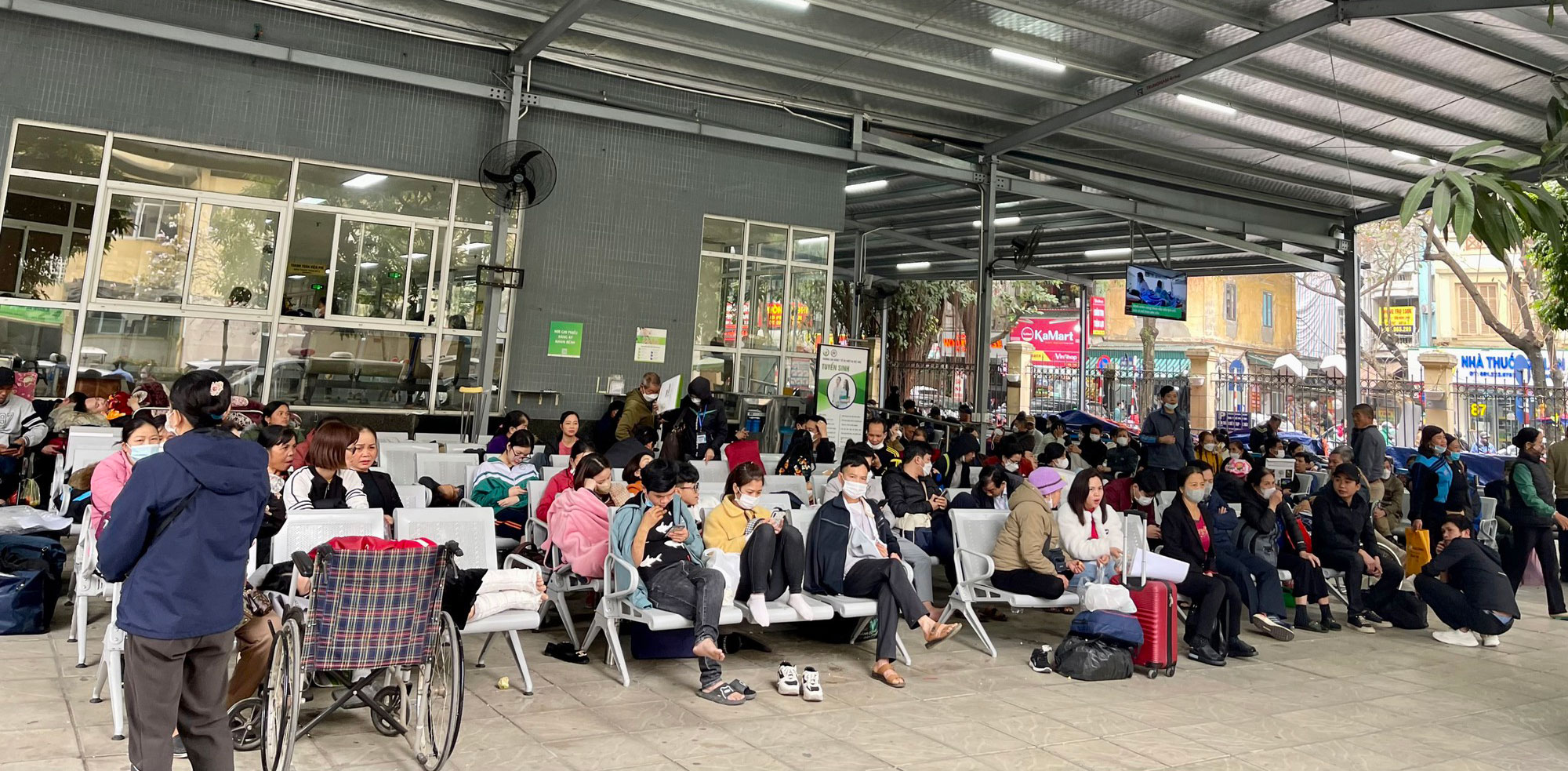
At Viet Duc Hospital, the number of patients coming for examination increased but there was a shortage of medical supplies at some times.
Speaking with Thanh Nien , Dr. Duong Duc Hung, Director of Viet Duc Hospital, said that in the situation as reported by the dialysis patient, the hospital has urgently resolved and ensured there are enough filters, continuing to maintain blood filtration for the patient with artificial kidney.
Not only are some supplies for artificial kidney dialysis at risk of shortage, some other items at Viet Duc Hospital are also in short supply. The reason, explained by Mr. Hung, is that "after the Covid-19 pandemic, the number of patients coming for examination and surgery at Viet Duc Hospital increased by about 200% compared to the Covid-19 pandemic, while the regulations on procurement and bidding can only exceed 130%".
The Director of Viet Duc Hospital also expressed that in the current situation, many drugs, medical supplies, and equipment from suppliers are interrupted due to supply disruptions, many surgical supplies and instruments for the surgical sector only have 1-2 suppliers, while the number of patients increases, which also creates a lot of pressure and affects the hospital's purchasing plan. To overcome this, the hospital has clearly classified emergency cases that must be given absolute priority, and for the remaining cases, patients are encouraged to wait for arrangements, so the waiting time for surgery may be longer.
Regarding the shortage of some medicines and medical supplies, the Ministry of Health also stated that this is a difficult period for the health sector after nearly 3 years of focusing on fighting the epidemic. The problem of a serious shortage of medicines, equipment and supplies in many medical facilities; many medical staff from the central to local levels violating the law; a wave of resignations and transfers from the public health sector; and entangled policies and mechanisms... have caused difficulties in the implementation process.
According to the World Health Organization, the shortage of drugs, medical equipment and supplies is a persistent challenge, this is not a new phenomenon. Especially for drugs for the nervous system, cardiovascular system, anti-infective drugs, anti-cancer drugs, digestive drugs, diphtheria antitoxin, emergency vaccines for yellow fever, drugs - biological products from human plasma...
This situation occurs due to many reasons, including the scarcity of raw materials and active ingredients in the world, the problem of price fluctuations on a global scale, the problem of inflation, energy crisis, the impact of military conflicts... which increase the input costs of pharmaceutical production. High product prices, disrupted supply chains, lack of incentives for manufacturers, and the production of drugs that bring less profit.
In reality at Viet Duc Hospital, Mr. Hung acknowledged that the Government and the Ministry of Health have issued documents to remove difficulties and obstacles in purchasing and bidding for drugs, supplies, and medical equipment. However, when implementing, there are always delays, because to deploy a quick bidding package, it takes 4 months, usually 5-6 months, and even 8 months for some packages. There are many packages for purchasing supplies that have won bids after the negotiation process, the hospital received a letter from the companies asking to delay the delivery time because the supply from abroad was interrupted.
"We have to accept this. Just last week, the hospital received a notice from the three winning bidders requesting a delay in delivery time and stating that "the specific delivery time is not certain". In this situation, we have to consider other forms of procurement in special cases, finding alternative items to ensure medical examination and treatment. Currently, Viet Duc Hospital has relatively enough medicine and testing chemicals to serve medical examination and treatment," said Mr. Hung.
PROPOSAL FOR NATIONAL CENTRALIZED BIDDING, ISSUANCE OF PRICE FRAMEWORK
Regarding the shortage of drugs and medical equipment, the Ministry of Health said it has focused on speeding up the process of issuing, renewing drugs, and registering drugs and medical equipment. The total number of drugs and pharmaceutical ingredients still valid at present is over 22,000 drugs, and over 100,000 types of medical equipment still valid.
The Ministry of Health also directed businesses to find sources of supply, especially for rare drugs; to implement comprehensive decentralization of approval of purchasing authority and contractor selection plans for medical units under the Ministry; to speed up drug procurement and national centralized bidding; to increase information disclosure for bidding purposes, etc.
According to the report of 1,076 medical facilities nationwide to the Ministry of Health in October 2023, 67.41% of units reported having sufficient supplies for medical examination and treatment activities; 38.59% of units reported having local shortages. At Bach Mai Hospital, since the beginning of the year, 35 bidding packages for purchasing materials, chemicals, and machinery have been implemented.
"We are applying the usual form of purchasing for materials and chemicals with special characteristics, so there will always be problems. For example, there are machines and materials that have only one company in the world, and Vietnam also has only one distributor. The healthcare industry is a service industry with very specific conditions and characteristics. To purchase machinery, drugs, and materials, we need specific purchasing regulations for a specific profession," Mr. Hung commented and proposed: "In the future, we should also implement national centralized bidding for essential medical equipment and materials or those selected in accordance with the health network planning and proposed needs from localities. Instead of 1,400 hospitals setting up purchasing councils, there will only be one national council. And when purchasing centrally and in large quantities, price negotiations will also be more advantageous."
Concerned about the difficulty in purchasing high-quality products when bidding for procurement, the director of a hospital in Hanoi said that current regulations do not classify medical equipment when participating in bidding, while medical equipment from different manufacturers and diverse criteria make it very difficult to bid. If only choosing the lowest price, the product will be of lower quality. Therefore, appropriate regulations are needed so that units can still purchase medical supplies with good quality and the right price.
"The most difficult thing now is that hospital directors cannot know all the prices of centrally bid goods. Currently, state management agencies and the Ministry of Health have issued medical examination prices. It is thought that state agencies should also pay attention to issuing prices of medical equipment, announcing specific price frames and updating prices every year. From there, hospitals can base on prices to buy suitable products," Professor, Dr. Nguyen Duy Anh, Director of Hanoi Obstetrics and Gynecology Hospital, suggested.
Hope there is no disruption in purchasing medicine and medical supplies
After the National Assembly, the Government and the Ministry of Health resolved difficulties for the hospital, from January 2023 to now, Bach Mai Hospital has won bids for a large number of equipment, consumables and medicines for medical examination and treatment. Recently, we have won bids for equipment packages such as: 4 MRI machines; 2 CT machines; purchasing 2 packages of gastrointestinal endoscopy equipment; there have been ultrasound and X-ray packages for imaging and medical examination and treatment. In the most recent week, the hospital completed the procurement of 7 endoscopic surgery systems. From now until the end of 2023, patients coming to Bach Mai Hospital will no longer have to wait long, especially for imaging.
In parallel with the procurement implementation, with the support of agencies, especially the Ministry of Public Security's investigation agency, the equipment that had to be "shelved" due to legal issues will be put back into operation. With a series of synchronous solutions, we expect that by 2024, most patients coming to Bach Mai Hospital will be examined, treated and cared for in conditions with full basic medical equipment, without having to wait as long as in the past.
Currently, the hospital ensures enough essential and basic medicines. However, there are sometimes local shortages of supplies, some medicines due to broken supply chains, some domestic medicines cannot import raw materials from abroad. We are continuing to wait for circulars and decrees to be issued to guide the implementation of the recently passed laws, hopefully before January 1, 2024, these documents will be issued and take effect. These are the documents we are waiting for so that the procurement of medicines, chemicals, and medical supplies is not interrupted, serving people in the most convenient way for medical examination and treatment.
Associate Professor, Dr. Dao Xuan Co , Director of Bach Mai Hospital
Source link


![[Photo] Looking back at the impressive moments of the Vietnamese rescue team in Myanmar](https://vstatic.vietnam.vn/vietnam/resource/IMAGE/2025/4/11/5623ca902a934e19b604c718265249d0)


![[Photo] "Beauties" participate in the parade rehearsal at Bien Hoa airport](https://vstatic.vietnam.vn/vietnam/resource/IMAGE/2025/4/11/155502af3384431e918de0e2e585d13a)


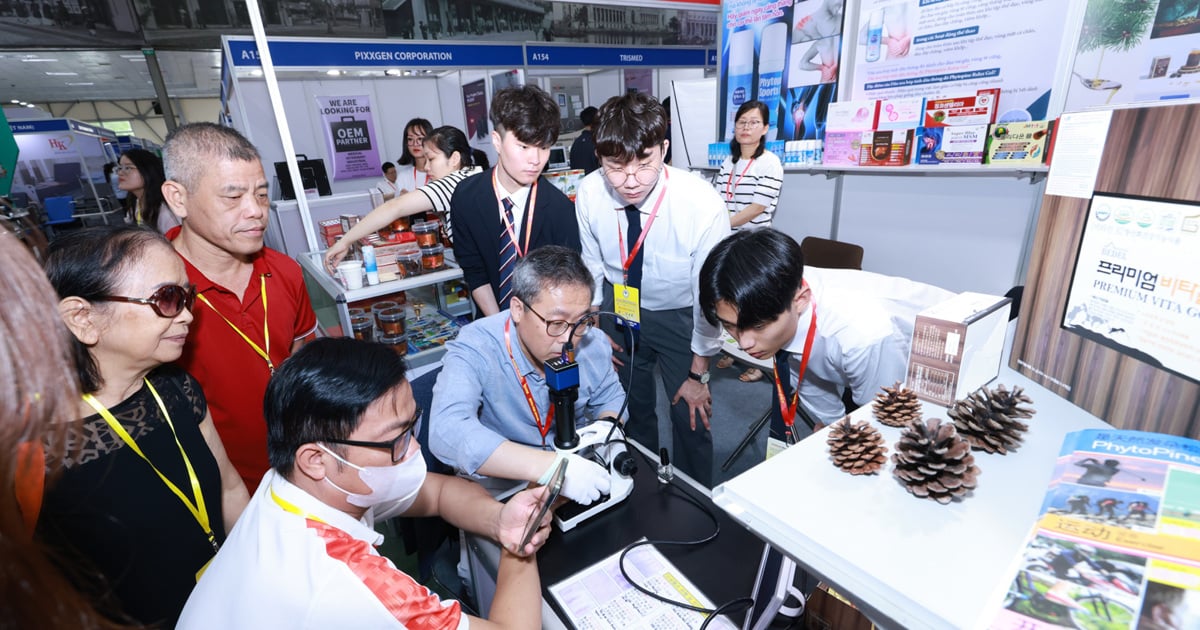

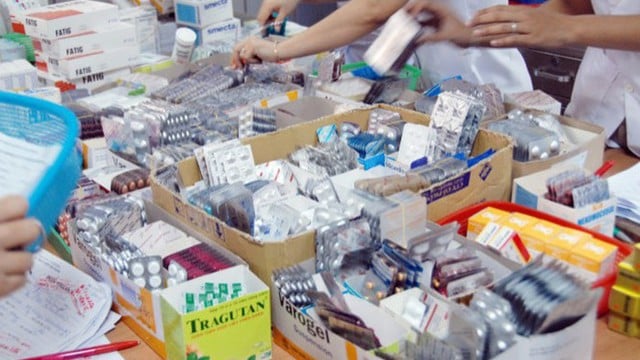
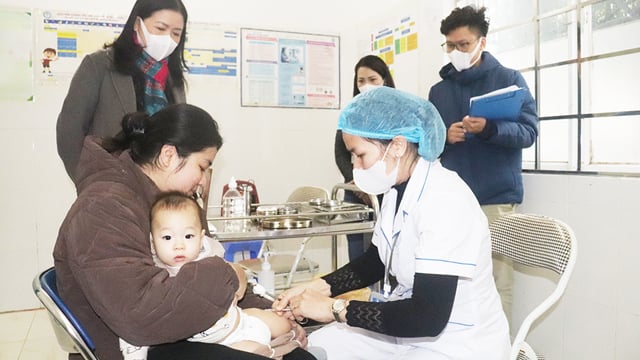




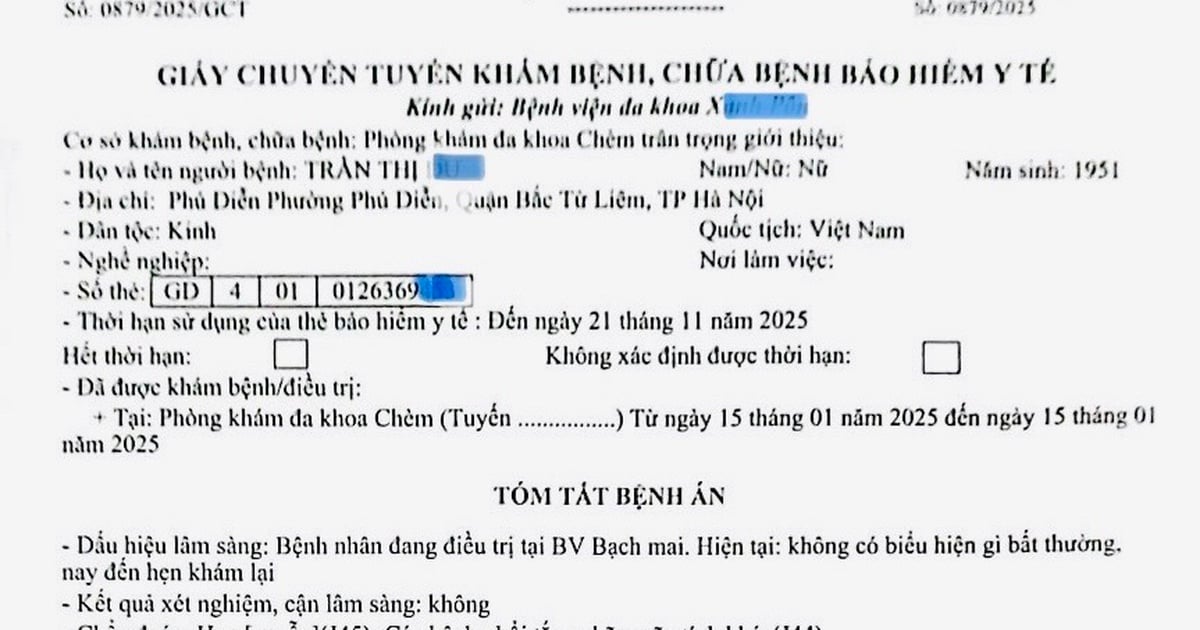


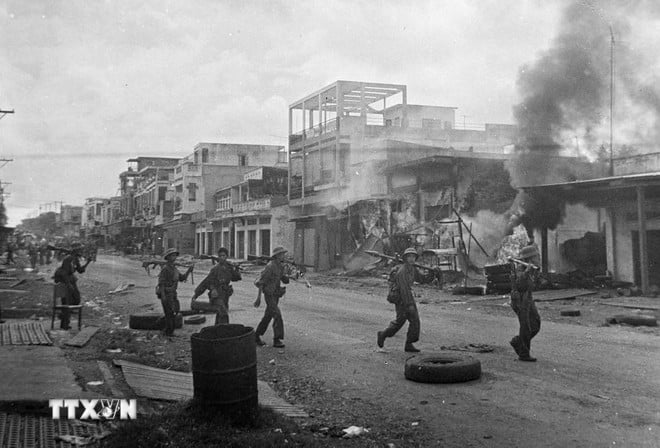


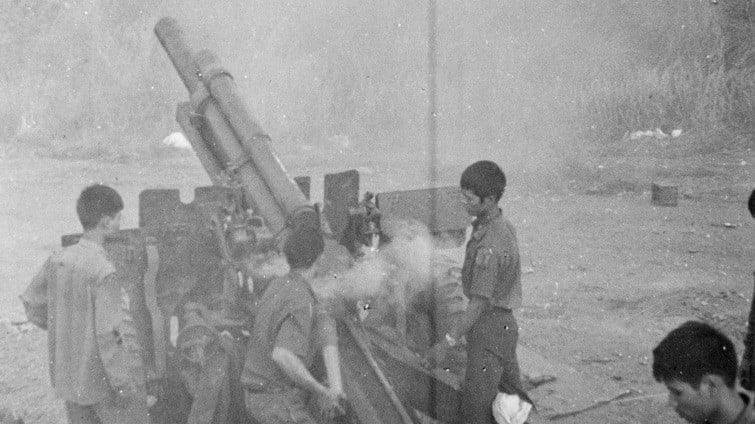

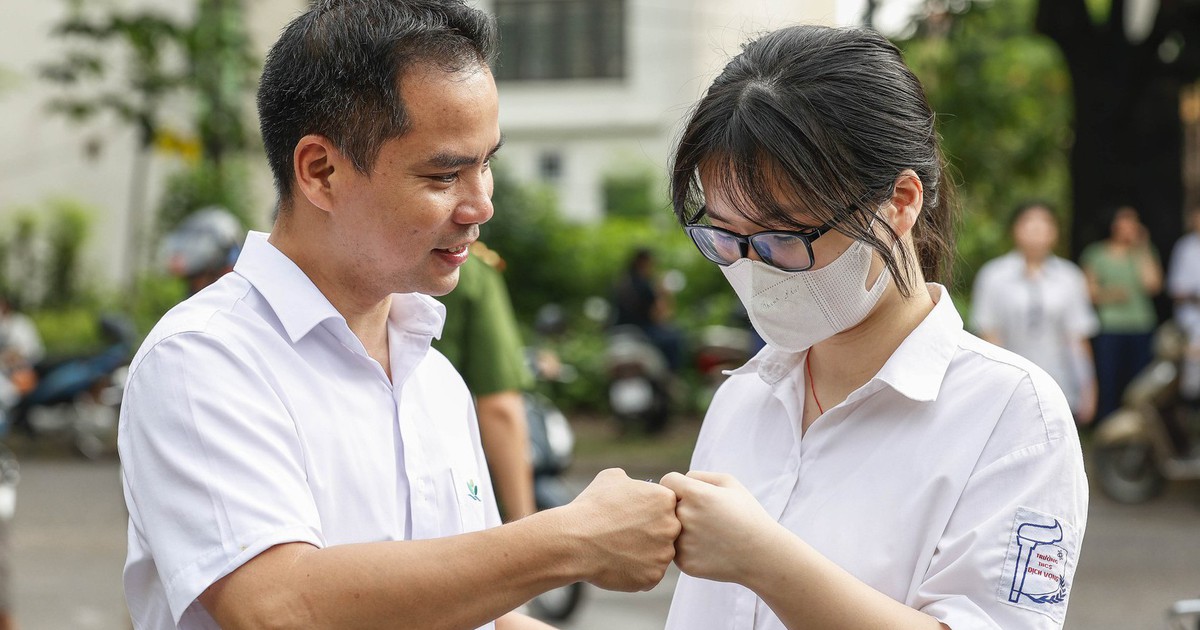


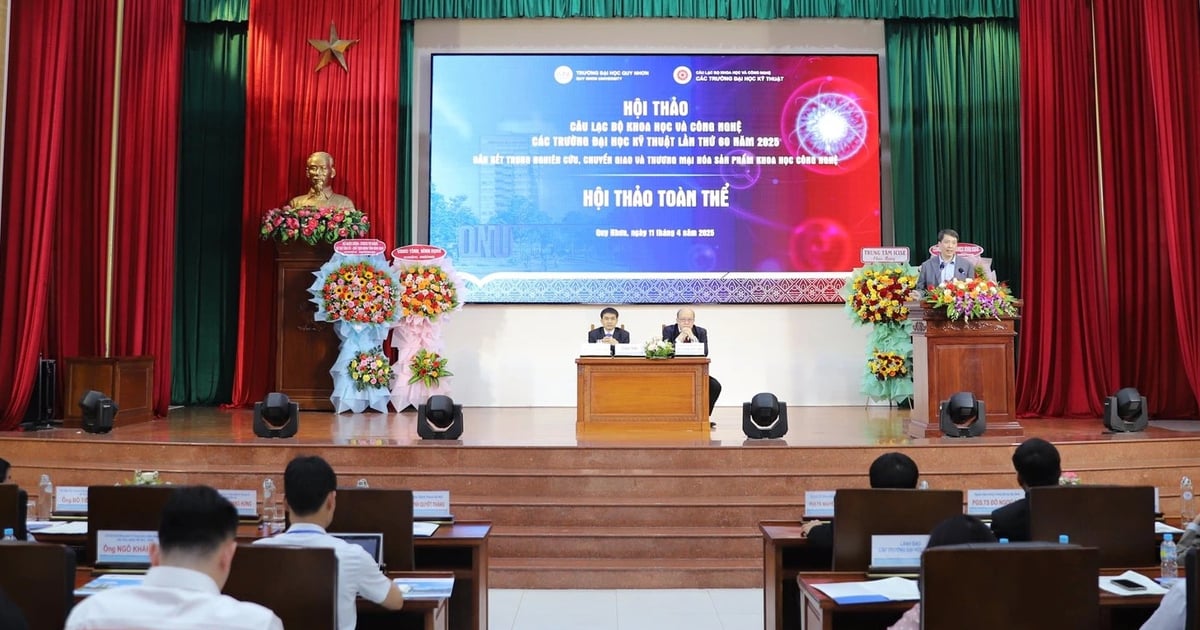
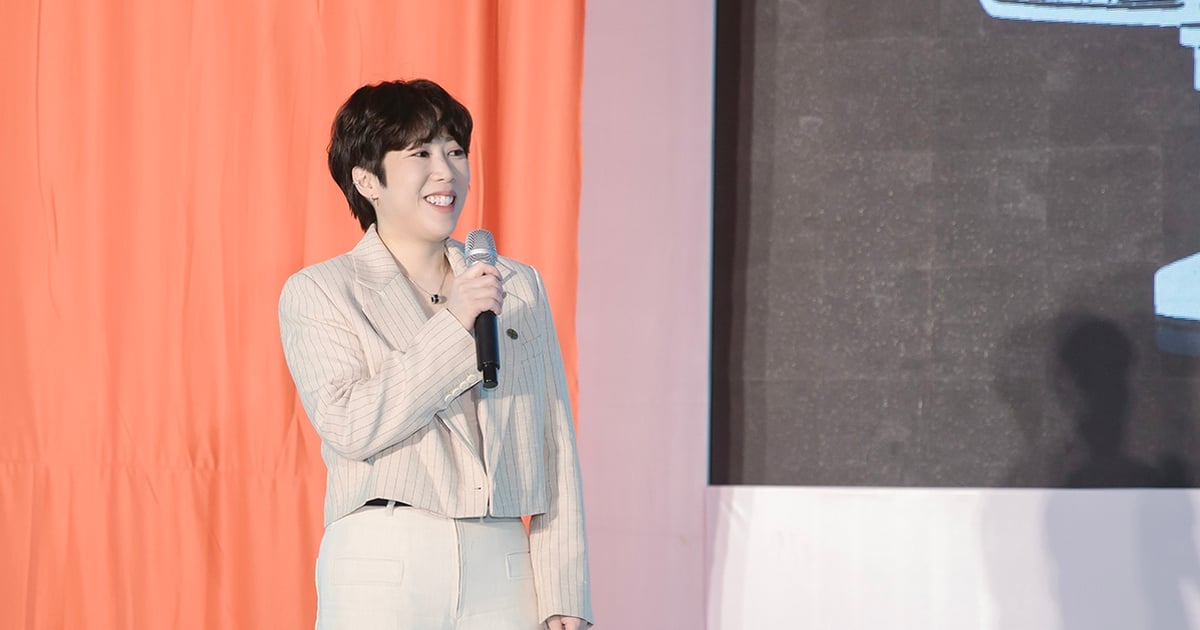
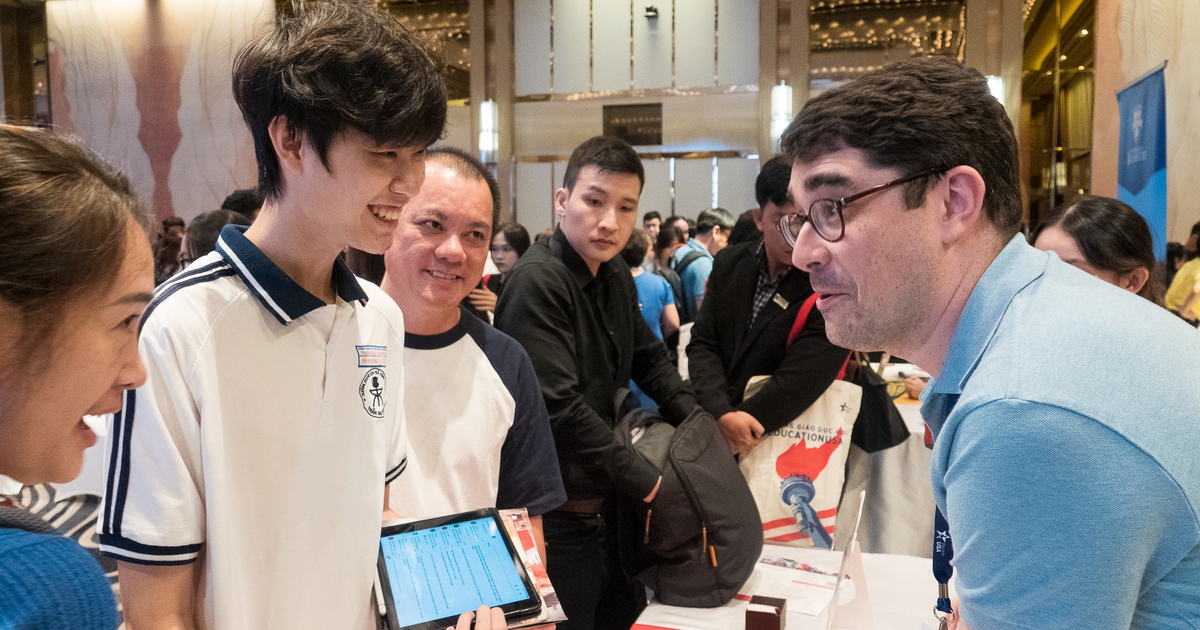
![[Photo] Summary of parade practice in preparation for the April 30th celebration](https://vstatic.vietnam.vn/vietnam/resource/IMAGE/2025/4/11/78cfee0f2cc045b387ff1a4362b5950f)










































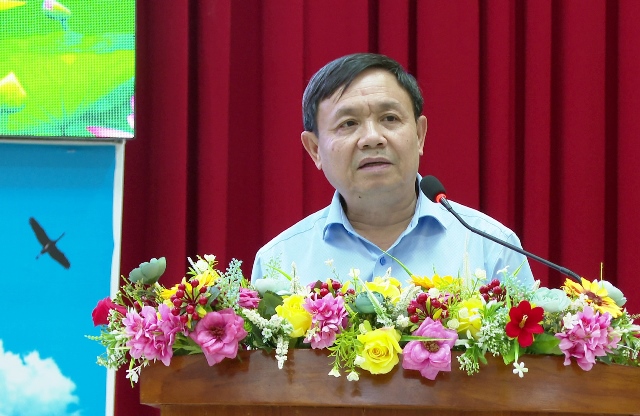
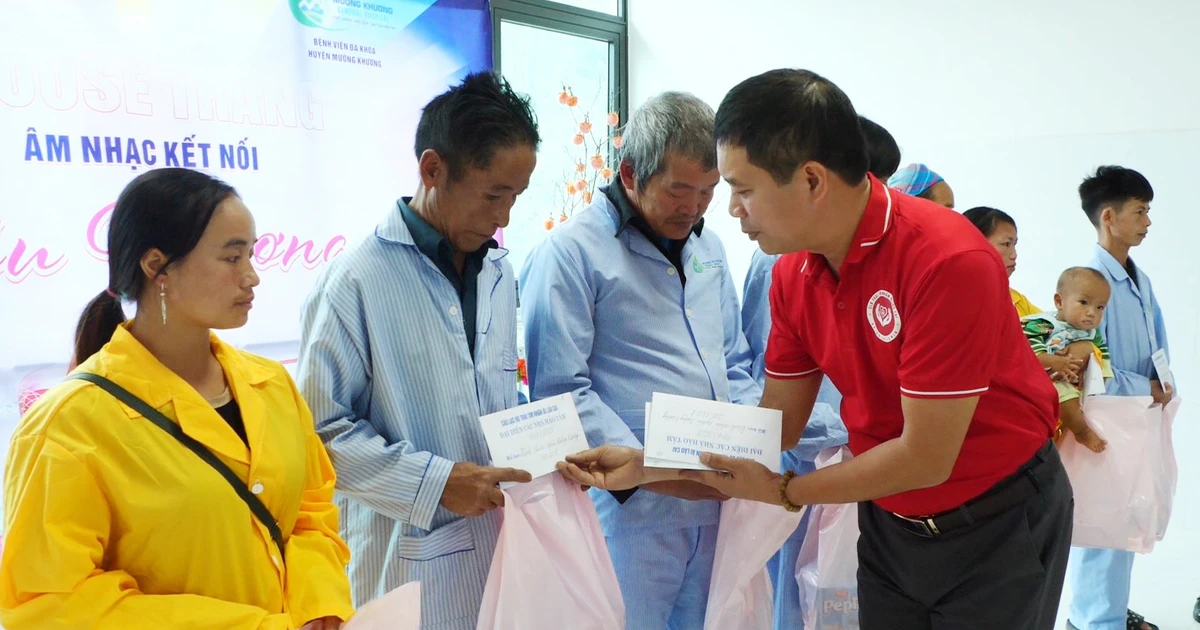

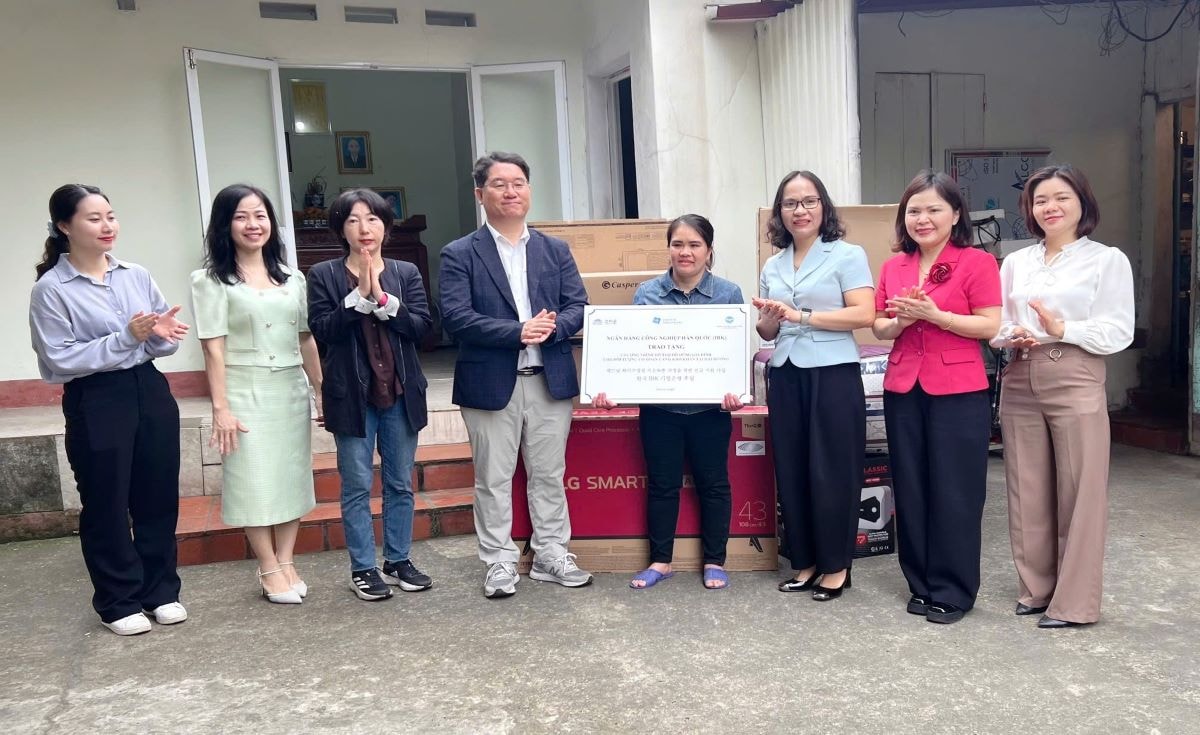
















Comment (0)